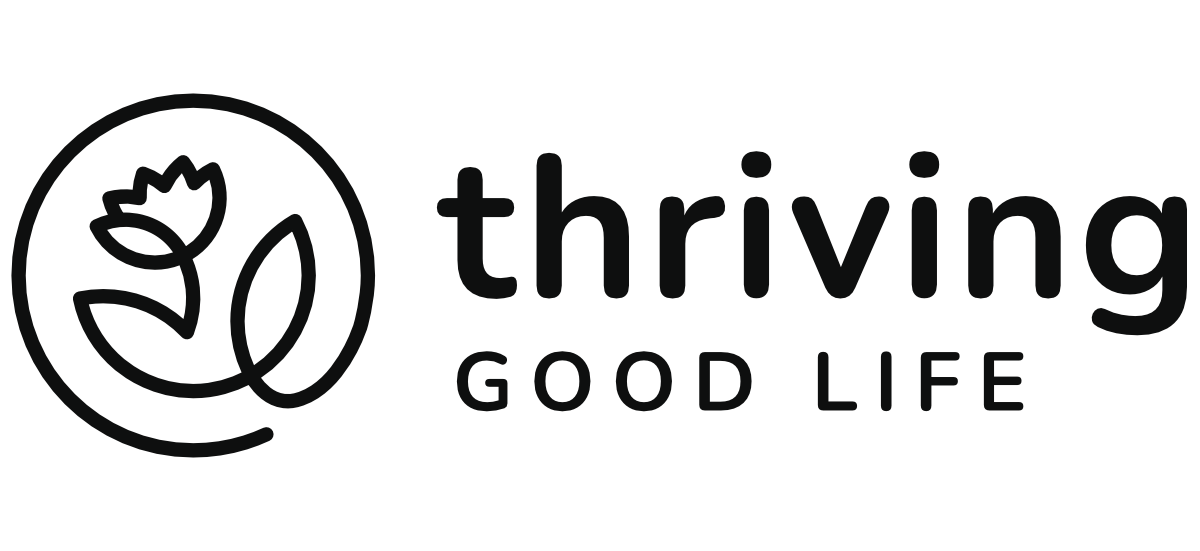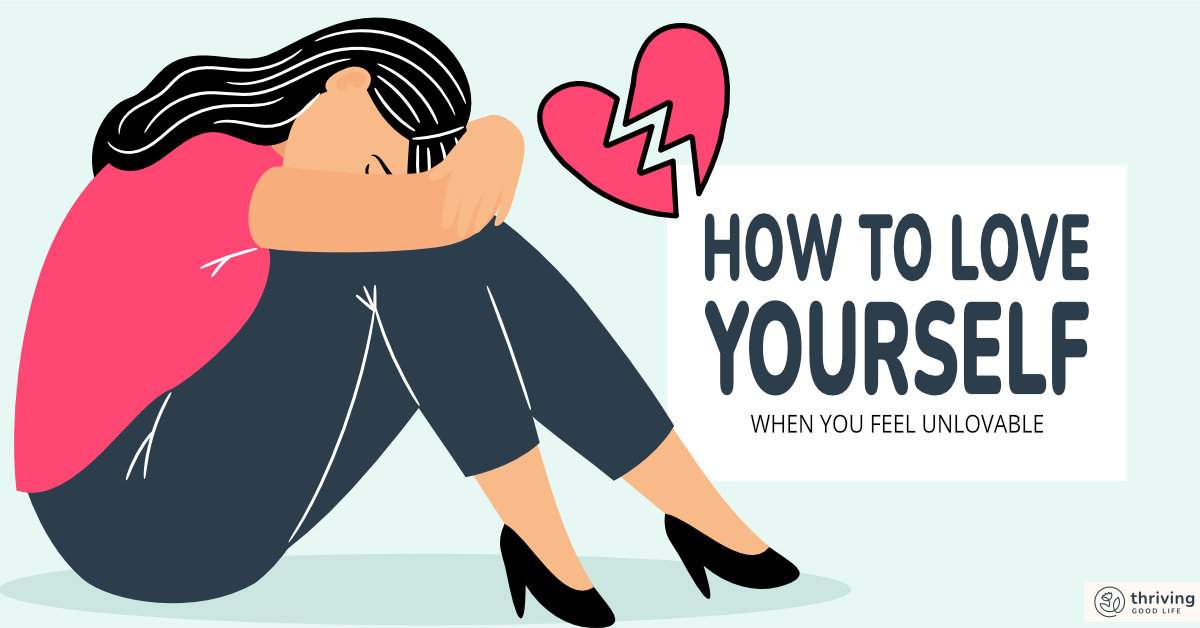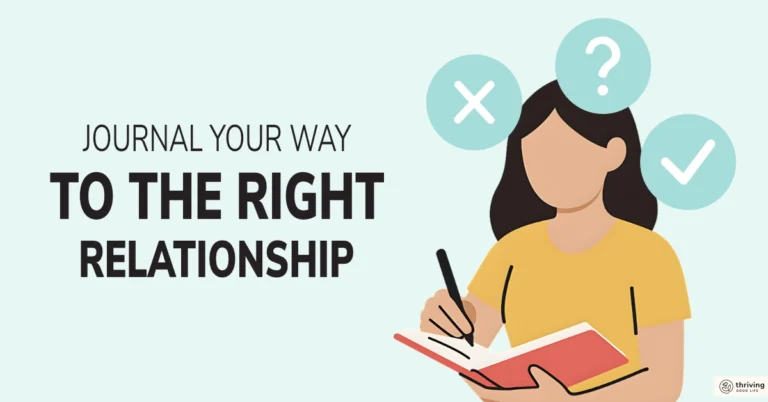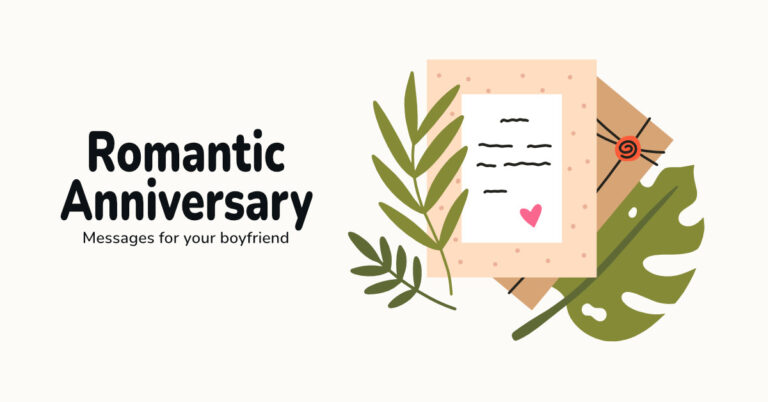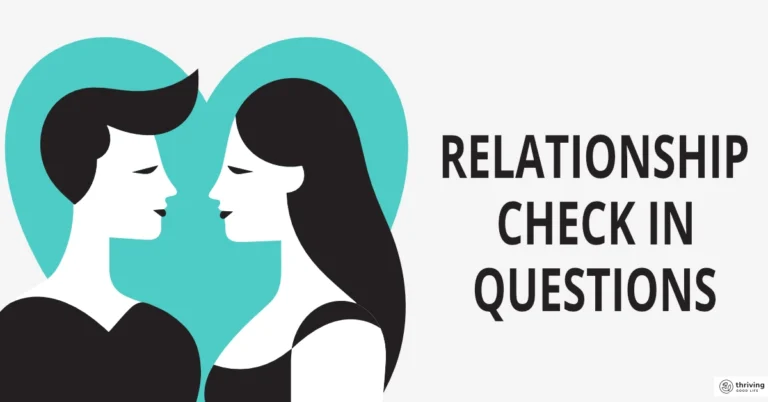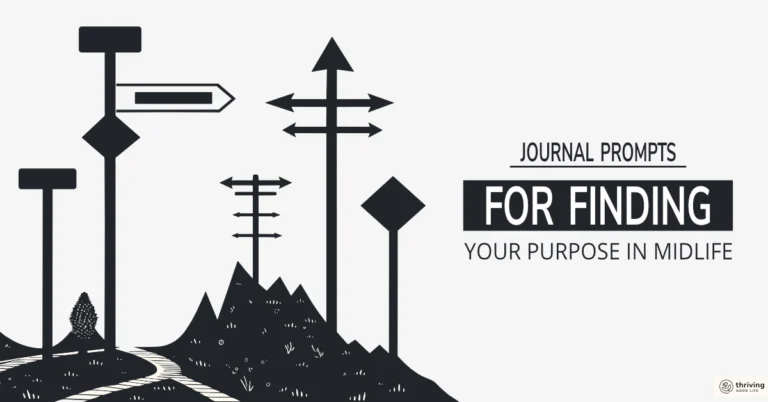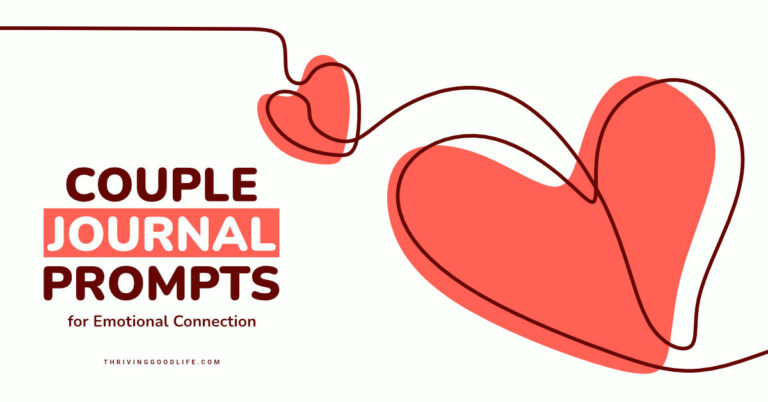❤️ The process of loving yourself when you don’t feel worthy of that love is a challenging one. But working on getting to know, like, and accept yourself is a massive step in the right direction.
‘You just have to love yourself’. Isn’t that what they say?…
Those people who blissfully dole out this variety of blanket advice.
I mean, if you see a person drowning, do you tell them to ‘just breathe?’
Loving yourself doesn’t come easy. Not if you’ve spent a fair chunk of your life not even liking yourself. So how are you supposed to leap from a place of self-hatred to a place of self-love?
Learning how to love yourself is a slow, winding, and continual process.
I can share some tips that I’ve learned (and am still learning) through my journey. But it’s up to you to decide whether you want to start your own trek through the rocky mountains of self-love.
Are you ready?
Related: 20 Self-Love Journal Prompts for Finding More Acceptance & Kindness
The Self-Loathing
Most of us have something about our existence that we don’t love.
We hate our personalities, we hate our bodies, and we hate our desires.
Somewhere between being born and being the version we are today, we got sucker-punched into believing a handful of untruths. That we’re not smart enough, talented enough, pretty enough.
Every mistake, failure, or perceived slight against us serves as confirmation that we are, indeed, less than.
And so we live with an unspoken shame.
An internalised sense of unworthiness.
A feeling of not being deserving of love.
To make matters worse, we’re experiencing the delicacies of our imperfect lives in a world that increasingly demands perfection.
But nobody’s perfect. We all have a messy stack of unpacked baggage. It’s called being human.
What does it mean to love yourself?
The art of loving yourself means learning to accept and respect yourself for who you are as a person. It’s about kindness, and working with what you’ve got. And owning it – flaws, crazy shit and all, which can be a slow, and difficult process.
But loving yourself can take on a different meaning, for different people, depending on where they are in life.
I associate loving yourself with freedom.
Freedom from having to fit in with the crowd.
Or worrying about whether other people like or agree with you.
Freedom from trying to impress others – materialistically or otherwise.
Freedom to make mistakes because that’s where learning and growth exist. And that, I find that extremely liberating.
Loving yourself can mean different things to different people.
And so I have a question for you:
What does the term ‘ loving yourself’ mean to you?
Why it’s important to love yourself?
We all need love. It’s a basic human requirement.
If you think you’re unlovable, you get trapped in a self-fulfilling prophecy1: You believe you’re not worthy of love, so inadvertently attract situations or people who behave in ways that confirm your belief.
Some people push others away. It’s a defensive tactic. A way to protect our fragile hearts from rejection. But ultimately, we end up feeling even more sad, lonely, and unloved.
And some people seek love from others.
But it’s the wrong kind of love, from the wrong types of people which leaves us feeling… sad, lonely, and unloved.
The Danger of Seeking Love From Others
It feels good when other people praise us. When they tell us how beautiful, handsome, special, smart, or brilliant we are.
It’s a great confidence booster, although short-lived, which lulls you into a false sense of security. And your self-worth becomes wrapped up in what other people think about you.
But when that merry-go-round of validation stops. And no one is singing your praises or acknowledging your accomplishments, (or liking your posts on social media) suddenly you feel unimportant.
As though nobody likes or cares about you at all.
That feeling escalates when someone criticises your appearance:
“You’d look so much prettier if you just lost a bit of weight”.
Or when someone undermines your ability:
“No way, you couldn’t do that, you don’t have it in you.”
And bam! The little self-worth you had plummets like a stone.
So naturally, you’re going to do everything you can to stay on that merry-go-round of validation. You want people to like you. To support you. To give you that love that you seem unable to give yourself.
Even if that means making choices that don’t benefit you.
Like not standing upon for yourself, getting involved with people who don’t treat you well, or doing things that endanger health, or sabotage your chances for success.
When We Love Ourselves We Make Better Choices
We don’t do things we don’t want to do just to keep favour with other people. We refuse to put up with people who don’t treat us with respect.
We nourish our minds and bodies with healthy things (okay, apart from the occasional sugar doughnut).
We not only believe, but we know we deserve better. And so we set our standards higher.
So, How Do You Love Yourself?
First of all, let’s take the pressure off.
If you’re in a place where you do not even like yourself, trying to go from 0-60 on the self-love scale is going to cause anxiety.
Remember when I said that loving yourself is a process?
Yeah. There’s no shame in taking things slow.
Work on getting to know, like, and show kindness to yourself first.
1. Know Yourself
There’s this scene in The Runaway Bride. You might know it.
It’s the one where Julia Roberts’ character, Maggie, comes to the realisation that the reason why she kept running away from her would-be husbands, was because she didn’t know who she was. Or what she really wanted.
She didn’t even know what eggs she liked.
When we don’t know who we are, we don’t know what we stand for.
We sort of drift along in life, doing things to please other people, while feeling an emptiness inside.
When you know what you stand for, you’re better able to understand your own needs. And you use this inner wisdom to create values that will guide you towards being yourself.
You’ll stop spending time and energy on things or people who don’t support your values. You’ll create heathy boundaries for yourself.
And you’ll build a life that feels true for you.
So here’s a challenge for you. A few ‘get-to-know-me’ questions:
What do you like?
What do you dislike?
What’s important to you?
What do you care about?
What do you believe in?
What do you think is beautiful?
What do you admire?
What do you respect?
What do you find fulfilling?
You don’t have to answer all these in one sitting.
Pick one and spend some time thinking about it.
Better yet, start a journal and use these self-discovery prompts to help steer you in a direction that feels right for you.
2. Practice Self-Compassion
“Stop being so hard on yourself”.
How many times have you said that to someone who wasn’t you?
All those times people you care about failed to get a promotion.
Or went through a bad break-up, drank too much and made an ass of themselves at a wedding, borrowed money they couldn’t afford to repay.
Did you, in your capacity as a caring, kind friendly person belittle them for their mistakes? Did you shame them for their poor decisions? No?
So why do you judge, belittle and shame yourself when you mess up?
Excessive negative thinking and prolonged feelings of shame are damaging to our emotional and mental health.2,3
Whatever mistake or failure that has occurred has happened.
It’s done, and we can’t change it. What we can do is give ourselves a little grace and compassion for our mishaps.
Now I don’t consider myself to be religious, but the serenity prayer has brought me peace at times when I needed it:
“God, grant me the serenity to accept the things I cannot change,
courage to change the things I can, and wisdom to know the difference.4
During my research, I stumbled upon a great resource from Psychologist Kristin Neff. Check it out. It’ll help you build your self-compassion muscle.
Here’s the link: Self-compassion journaling techniques and guided meditations.
3. Learn to Forgive Yourself
I know it’s hard. Especially if you’ve made a huge mistake or hurt someone you care about.
We may be tempted to hold onto feelings like anger, regret, sadness, guilt, or even embarrassment for longer than necessary because we don’t know how to forgive ourselves.
But you’ve got to decide.
Are you willing to let this dreadful thing you said or did continue to eat you up, or are you going to let it go?
Because in letting go, we release ourselves from that inner turmoil that makes us feel bad.
We’ve got to find a way to move forward somehow.
I start this process by acknowledging what I’ve done wrong, and taking responsibility for my actions.
I like to write it down in my journal. Something along the lines of:
“I lost it with XXX today. I just snapped. Started screaming and saying horrible things. I know I hurt her and I feel really bad about it. I let my temper get the better of me and I lost control. It’s my fault things escalated the way they did. I feel awful, but I know I need to let this go”.
I find expressing myself in this way, particularly when I write about how I’m feeling helps calm my mind.
It puts me in a place where I take control of the guilt associated with my wrongdoing. The guilt no longer owns me because I’m not hiding in fear behind what I’ve done. I’m confronting it.
I also acknowledge that I need to let it go, which helps with the next step. I’ll write to myself:
“What is done, is done. I forgive you”.
There’s something about addressing myself in the second person that feels like a warm hug from a friend. You might have to repeat this process a few times to let that forgiveness sink in (I sometimes do).
But it’s worth trying.
4. Find Your People and Let Them In
“Love is our true destiny. We do not find the meaning of life by ourselves alone—we find it with another.” – Thomas Merton
There was a time in my life when I pushed people away.
Thinking I could do it all by myself, and not asking for help when I clearly needed it.
I thought I was being strong. You know, by being militantly self-sufficient. But in reality, I was trying to protect that part of me that feared rejection and heartbreak. I felt so alone.
To matters worse, I got stuck in a rut of negative thinking.
I told myself that people didn’t care, or weren’t interested. And yeah, I went through a phase of ‘hating’ people, which certainly didn’t do my well-being any good. It just isolated me further.
I was so wrong in my thinking back then.
In order to love and be loved, we need other people.
We need that connection to live happy, healthy lives.5
To see models of what love looks like.
But we need to be choosy with the people we let into our lives and look up to.
And build relationships with emotionally healthy people. Because they’ll treat us with kindness.
Unhealthy relationships, on the other hand, will break us, and make us lose faith in people.
So, who you can call and talk to, or go spend more time with this week?
Don’t know anyone, but would like to meet new people? Try MeetUp.com
Have no one to talk to and seriously struggling? Consider getting support from a qualified therapist or counsellor.
There are so many options to choose from, both on and offline.
Are You Ready?
It can be a challenge to do the hard work of loving yourself, especially when you feel like you’re not enough, or don’t deserve that love.
Things can change, but only if you’re ready for that change.
So are you?
— Pin for Later —
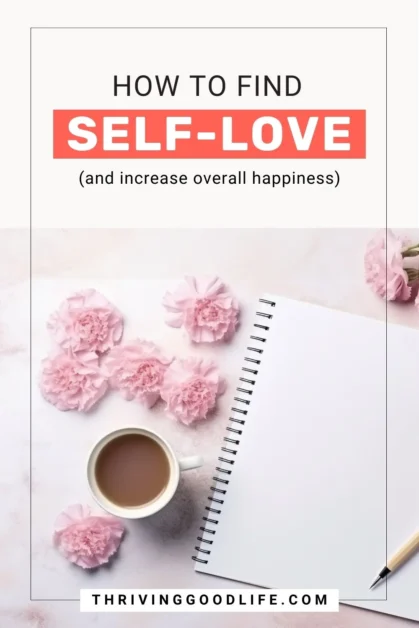
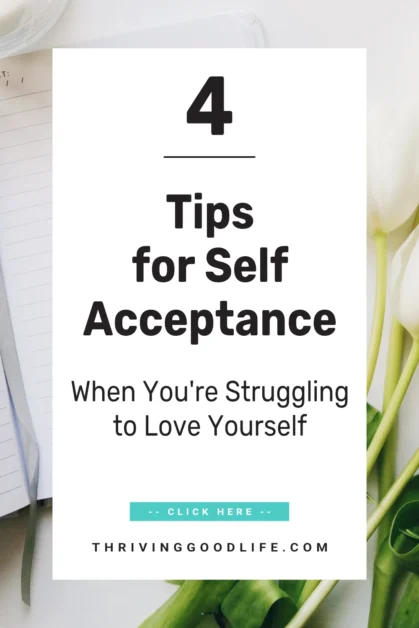
Footnotes
- Kaldis, B. (2013). Prophecy, self-fulfilling/self-defeating. In Encyclopedia of Philosophy and the Social Sciences (Vol. 1, pp. 766-766). SAGE Publications, Inc. https://dx.doi.org/10.4135/9781452276052.n292
- Spinhoven, P., van Hemert, A. M., & Penninx, B. W. (2018). Repetitive negative thinking as a predictor of depression and anxiety: A longitudinal cohort study. Journal of Affective Disorders, 241, 216–225. https://doi.org/10.1016/j.jad.2018.08.037
- Kämmerer, A. (2019, August 9). The Scientific Underpinnings and Impacts of Shame. Scientific American. https://www.scientificamerican.com/article/the-scientific-underpinnings-and-impacts-of-shame/
- It’s unclear who wrote this originally so I have no idea who to credit for it. Also, I’ve seen versions that exclude the God reference if that’s preferable to you.”
- Haslam, C., Cruwys, T., Haslam, S. A., & Jetten, J. (2015). Social Connectedness and Health. Encyclopedia of Geropsychology, 1–10. https://doi.org/10.1007/978-981-287-080-3_46-1
